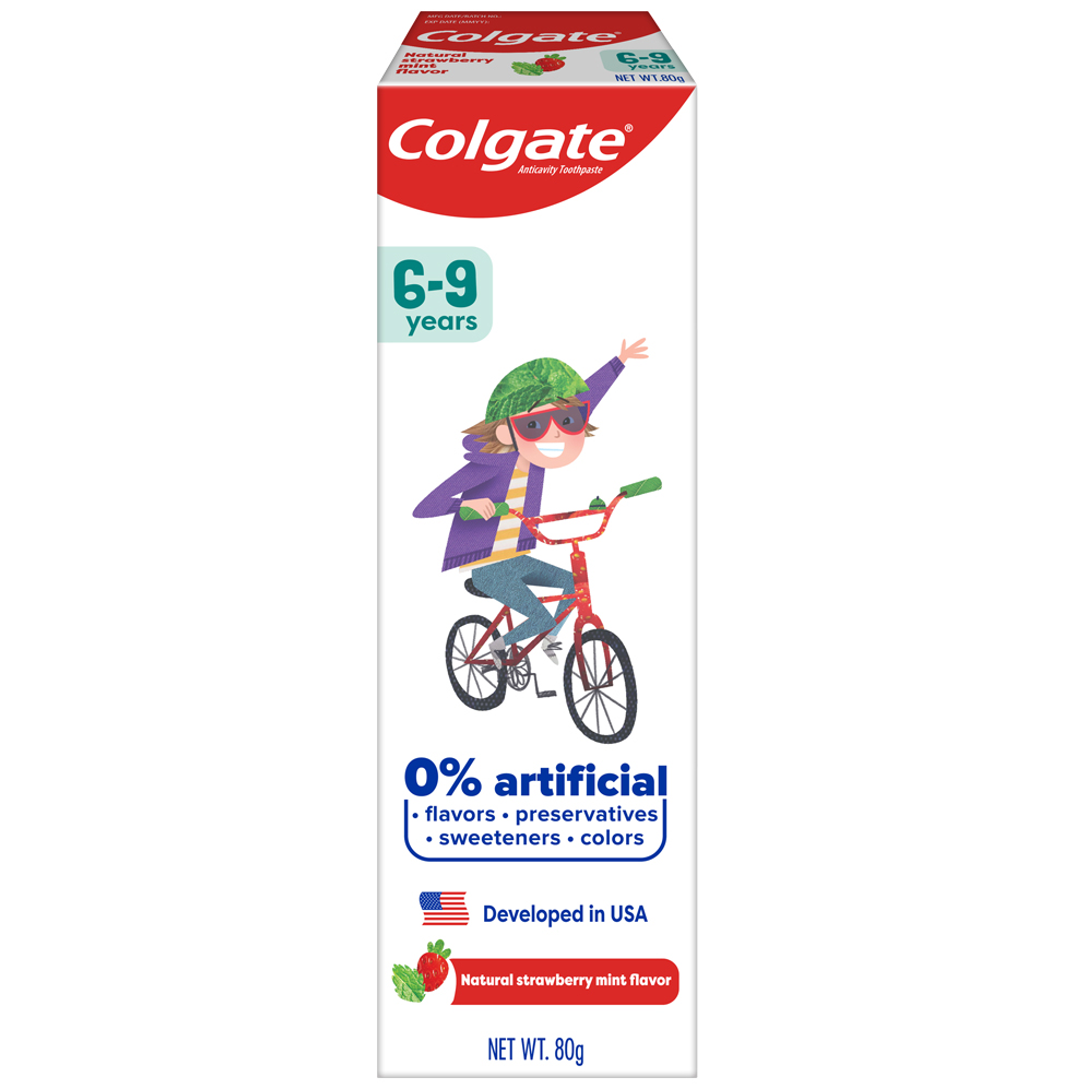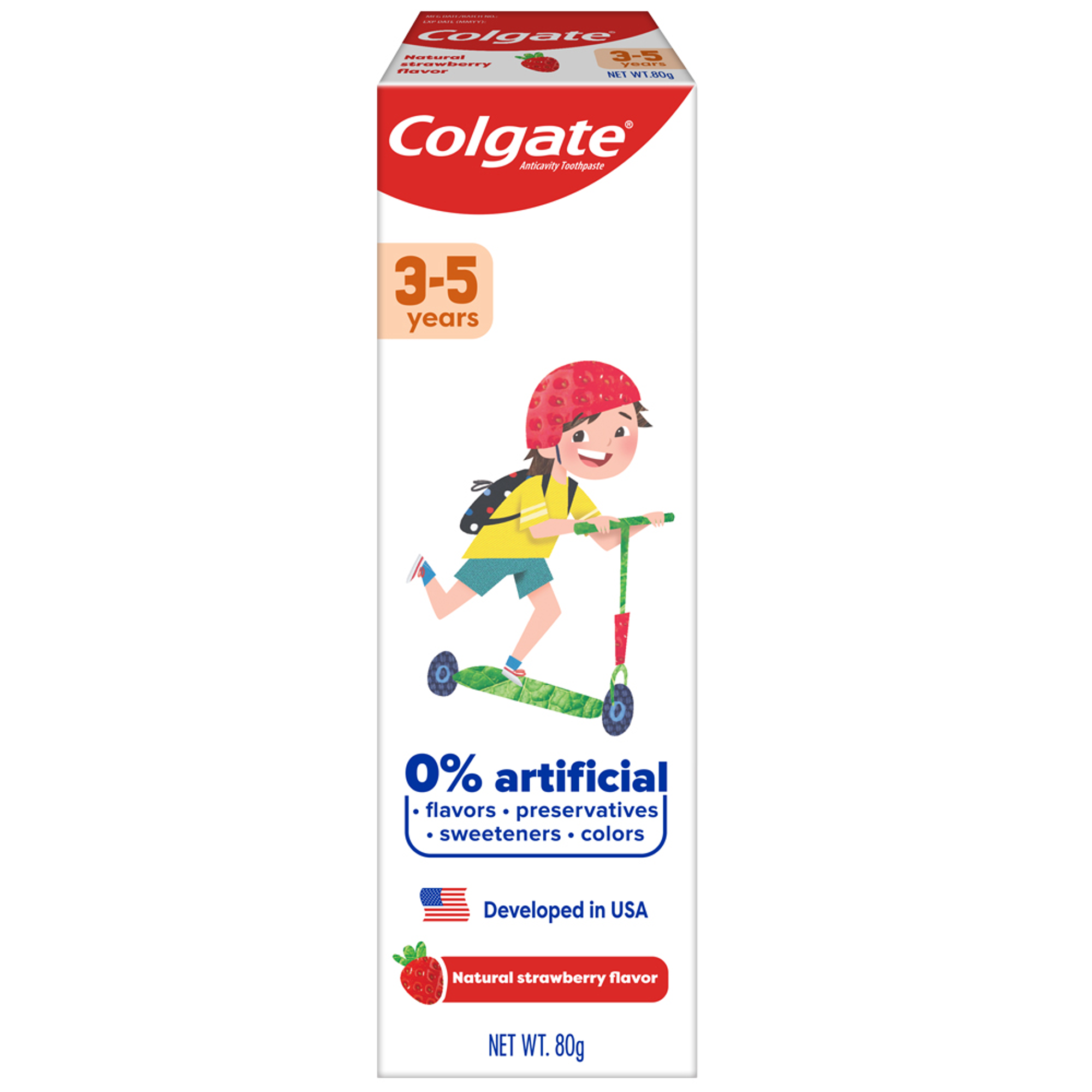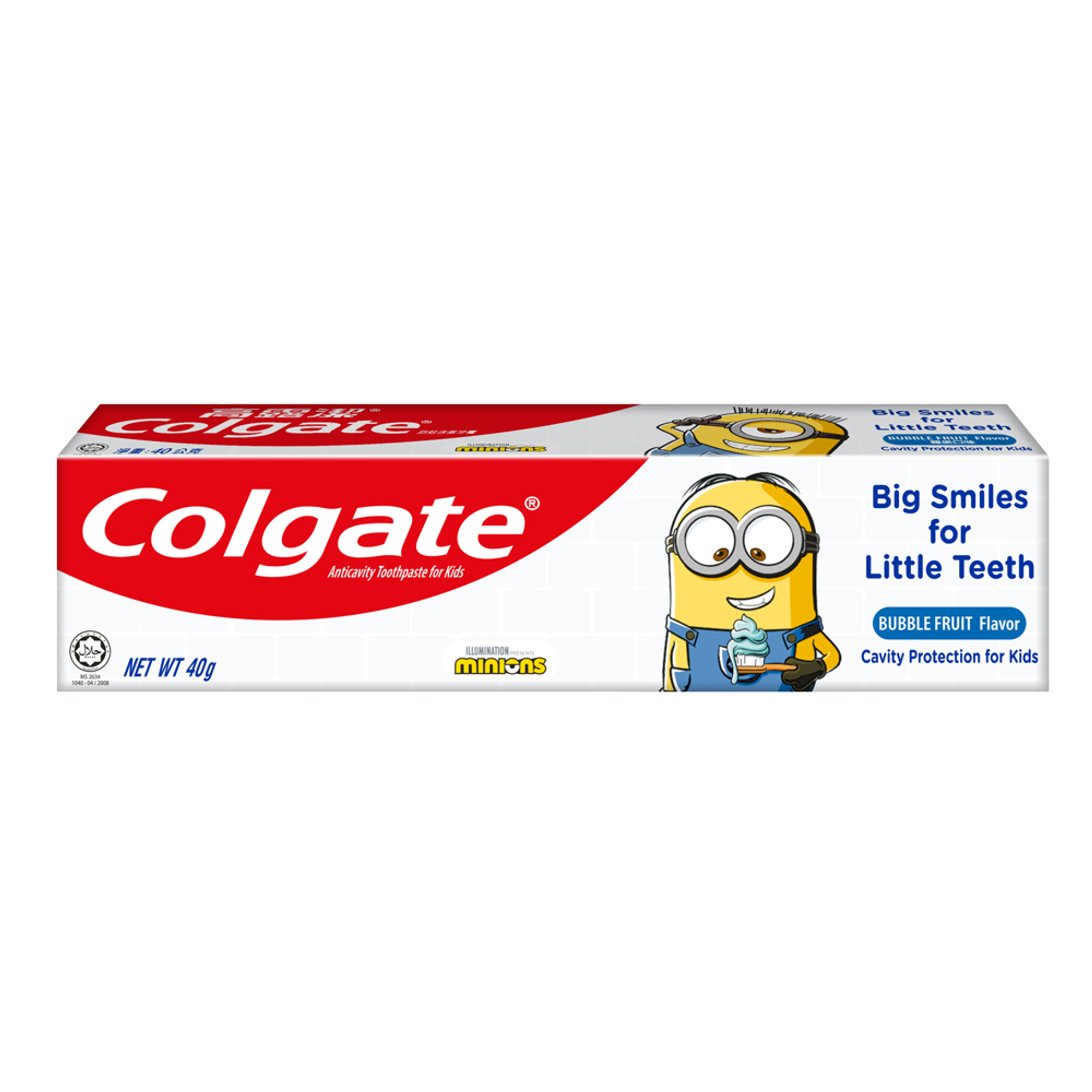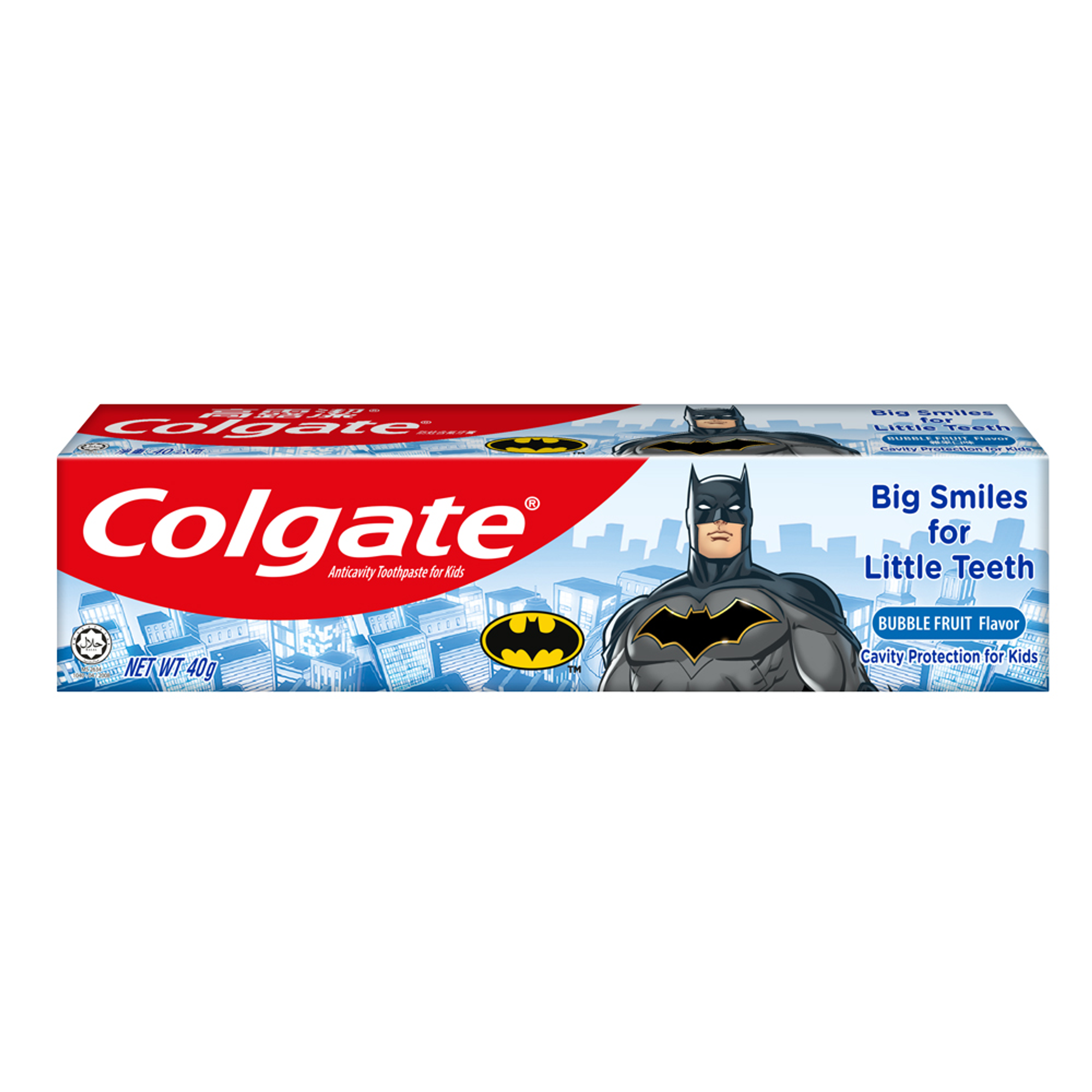-
-

FLUORIDE
Discover how stannous fluoride toothpaste prevents cavities and other oral health issues. Learn the key benefits of fluoride for teeth and its best uses.Fluoride plays a vital role in oral healthcare...

TEETH WHITENING
Teeth Whitening Serum for a Brighter, Confident SmileWho does not want whiter and brighter teeth? Thanks to the many teeth-whitening products available today...
-
Science & Innovation
- ORAL HEALTH ASSESSMENT
- Colgate® | Toothpaste, Toothbrushes & Oral Care Resources
- Oral Health
- Baby Teething Timeline & Teething Symptoms | Colgate SG


Teething is a big part of your baby's first year of development. While every baby is different, here is a typical baby teething timeline that can help you as a first-time parent navigate through this exciting yet often painful time for your little one.
Before Baby is Born
Tooth development begins during the first six weeks into gestation, tooth buds begin to form under the gums during the eighth week of gestation. These tooth buds will remain in this state through the remainder of the pregnancy and after your baby is born.
Four to Twelve Months
Babies generally begin teething anywhere between the ages of four months and six months. The process begins as the roots begin to grow, forcing the tooth up. This puts pressure on the baby's gums, causing him some discomfort. At this point on the baby teething timeline, you will begin to notice some signs that the teething process has begun.
Some common teething symptoms include:
● Biting
● Drooling
● Gum Rubbing
● Sucking
● Irritability
● Decreased Appetite
● Mild Temperature
Within the first year, your baby can cut as many as six teeth. The first teeth to grow are typically the two bottom front teeth, also known as the central incisors. Generally these teeth will not cause as much discomfort for your baby because these teeth are thinner with a more pointed edge allowing it to slide through the gums more easily. Next, the top four teeth, called the central and lateral incisors, will begin to come through. At this point, your baby will be able to make good use of these new teeth as this will be a good time to introduce your child to more solid foods.
One to Three Years
By your child's first birthday, it is recommended that you schedule their first dentist appointment, so you can ensure you are taking the best care of their first teeth. Also around this time, your baby's first molars will begin to push their way through the gums. Molars are often more painful since they have more of a flat surface versus the incisors which are more pointed.
Between the ages of one and three, your baby will grow their full set of 20 teeth.
Related Articles

Do you remember losing your first tooth? Consider using a tooth fairy pillow for your child to place their lost teeth in. Learn more here.


Related Products

Helping dental professionals
More professionals across the world trust Colgate. Find resources, products, and information to give your patients a healthier future








